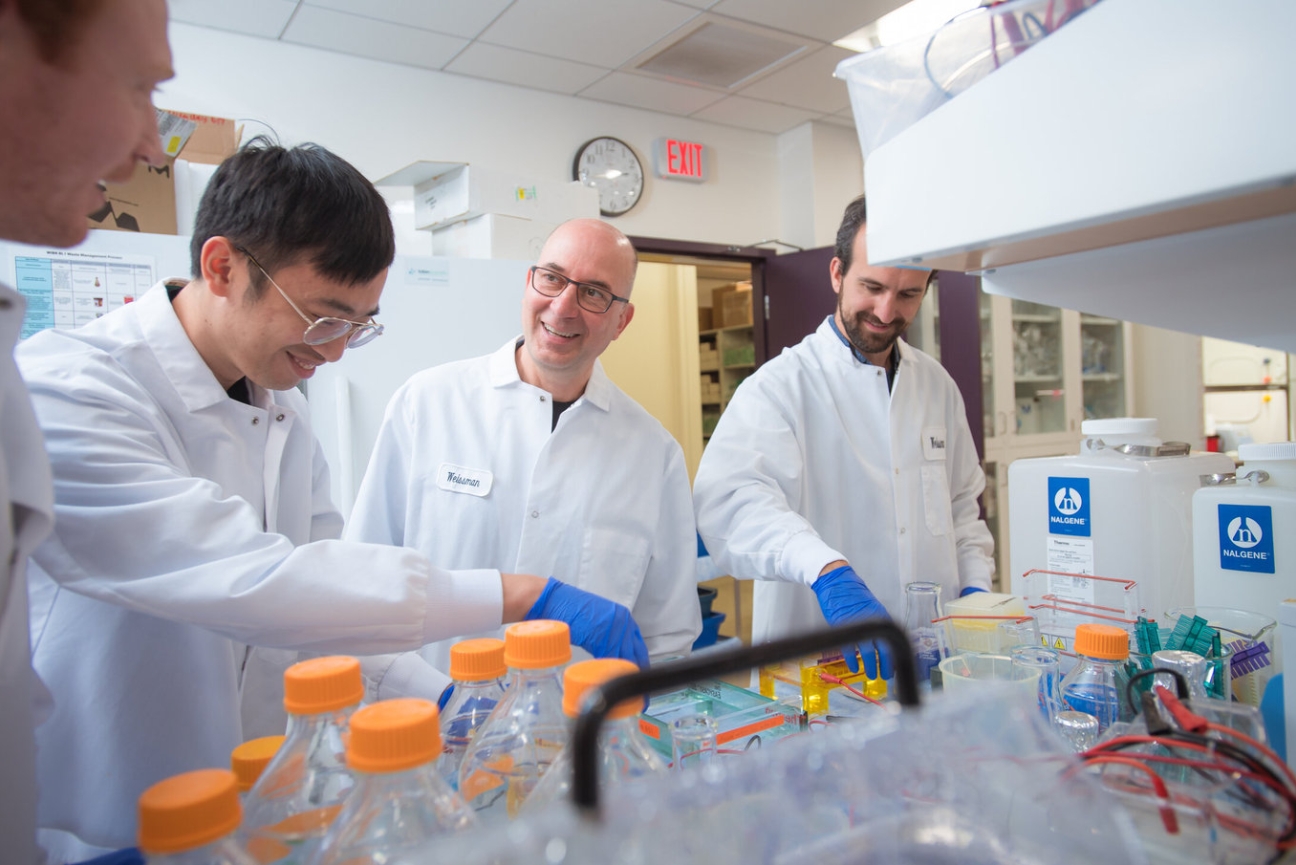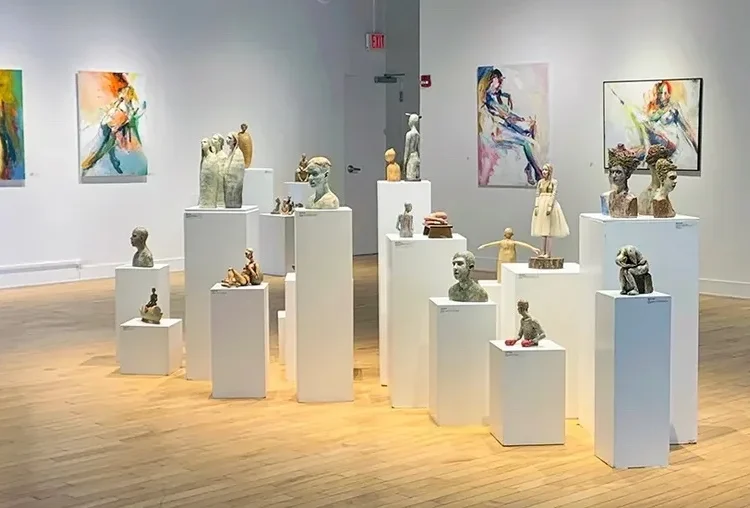Scientific discoveries have shaped the world we live in, from the fire that warmed our ancestors’ caves to the smartphones that connect us today. These breakthroughs are the result of human curiosity, persistence, and a relentless drive to understand the universe. In this article, we’ll explore the essence of scientific discoveries, their historical milestones, and how they continue to transform our lives. Whether you’re a curious reader or an aspiring scientist, this journey through the world of discovery will inspire and inform.
What Are Scientific Discoveries?
Scientific discoveries are moments when humanity unlocks new knowledge about the natural world through observation, experimentation, and reasoning. They range from understanding gravity to decoding DNA, each building on the last to push the boundaries of what’s possible. These findings often start with a simple question—like “Why does an apple fall?”—and lead to world-changing insights.
The Role of Curiosity
Curiosity is the spark that ignites discovery. Think of a child asking, “Why is the sky blue?” That same instinct drives scientists to explore the unknown. For example, when I was a kid, I spent hours staring at ants marching in perfect lines, wondering how they communicated. Years later, I learned about pheromones—chemical signals ants use to navigate. That small curiosity mirrors the scientific process: ask, observe, test, learn.
The Scientific Method: A Roadmap to Truth
The scientific method is the backbone of discovery. It’s a structured way to ask questions, form hypotheses, test them, and draw conclusions. This methodical approach ensures findings are reliable and repeatable, separating science from guesswork. It’s like following a recipe to bake a cake—you can’t skip steps and expect the same result.
Historical Milestones in Scientific Discovery
The story of science is a tapestry of breakthroughs, each thread woven by bold thinkers. Let’s travel through time to explore some pivotal moments that changed the course of history.
The Copernican Revolution
In the 16th century, Nicolaus Copernicus proposed that the Earth revolves around the Sun, challenging the Church’s Earth-centered view. This heliocentric model wasn’t just a new idea; it was a seismic shift that laid the groundwork for modern astronomy. Imagine the courage it took to question a belief held for centuries—Copernicus was basically the ultimate contrarian.
Newton’s Laws of Motion
Isaac Newton’s laws of motion, published in 1687, explained how objects move and interact. His work on gravity—yes, that apple story—gave us a framework to understand the universe’s mechanics. Newton’s laws are still used today, from designing cars to launching rockets. It’s humbling to think a single mind could decode the rules governing everything from falling fruit to orbiting planets.
The Discovery of DNA
In 1953, James Watson and Francis Crick unraveled the double-helix structure of DNA, revealing the code of life itself. This discovery revolutionized biology, paving the way for genetics, medicine, and even crime-solving through DNA profiling. It’s like finding the blueprint for every living thing—a moment that still gives me goosebumps.
The Theory of Relativity
Albert Einstein’s theory of relativity, introduced in 1905 and 1915, redefined our understanding of space, time, and gravity. His famous equation, E=mc², showed that mass and energy are interchangeable, leading to advances in physics and technology. Einstein’s work reminds us that even the wildest ideas can reshape reality if backed by evidence.
The Impact of Scientific Discoveries on Society
Scientific discoveries don’t just fill textbooks—they transform how we live, work, and dream. Let’s break down their impact across key areas.
Medicine and Healthcare
Discoveries like antibiotics, vaccines, and imaging technologies have saved countless lives. Penicillin, discovered by Alexander Fleming in 1928, turned deadly infections into treatable conditions. Today, innovations like CRISPR gene editing promise to cure genetic diseases. It’s incredible to think that a moldy petri dish led to a medical revolution.
Technology and Innovation
From the steam engine to artificial intelligence, scientific discoveries fuel technological leaps. The invention of the transistor in 1947, for instance, made modern computers possible. I remember my first clunky PC in the ’90s—now, my smartphone has more power than the computers that sent humans to the Moon. That’s the magic of incremental discoveries.
Environmental Understanding
Science has deepened our understanding of Earth’s ecosystems. Rachel Carson’s 1962 book Silent Spring highlighted the dangers of pesticides, sparking the environmental movement. Today, discoveries in climate science guide efforts to combat global warming. It’s a reminder that knowledge can both harm and heal, depending on how we use it.
Space Exploration
The discovery of rocket propulsion and advances in astronomy have taken us beyond Earth. In 1969, Apollo 11 landed humans on the Moon, a feat built on centuries of scientific progress. Now, missions like the James Webb Space Telescope are revealing the universe’s secrets. It’s like we’re all explorers, peering into the cosmic unknown.
How Scientific Discoveries Happen
The path to discovery is rarely a straight line. It’s a messy, thrilling process filled with trial, error, and occasional eureka moments. Let’s explore how these breakthroughs come to life.
Observation and Questioning
Every discovery starts with noticing something unusual. When Alexander Fleming saw mold killing bacteria in a petri dish, he didn’t shrug it off—he investigated. That curiosity led to penicillin. Next time you notice something odd, like a plant thriving in shade, ask yourself: What’s going on here? You might be on the cusp of something big.
Experimentation and Testing
Experiments turn ideas into facts. Scientists design controlled tests to confirm or refute their hypotheses. For example, Marie Curie’s experiments with radioactivity involved meticulous measurements, leading to her Nobel Prize-winning discoveries. It’s like solving a puzzle, piece by painstaking piece.
Collaboration and Peer Review
Science thrives on collaboration. Researchers share findings, critique each other’s work, and build on past discoveries. The peer-review process ensures rigor, catching errors before they spread. It’s like having a team of editors for your life’s work—tough but necessary.
Serendipity and Happy Accidents
Some discoveries happen by chance. When Wilhelm Roentgen discovered X-rays in 1895, he was experimenting with cathode rays and noticed a glow from a nearby screen. That accident revolutionized medical imaging. It’s proof that sometimes, the universe throws you a bone—you just have to catch it.
The Process of Scientific Discovery: A Step-by-Step Guide
Here’s a simplified look at how discoveries unfold, broken down into clear steps:
- Ask a Question: Identify a mystery or problem, like “Why do planets move in ellipses?”
- Research: Gather existing knowledge to form a hypothesis.
- Experiment: Test the hypothesis with controlled experiments.
- Analyze: Study the data to draw conclusions.
- Share: Publish findings for others to verify and build upon.
This process isn’t just for scientists. I once used it to figure out why my tomato plants kept wilting—turns out, they needed more potassium. Science is everywhere, even in your backyard.
Comparing Major Scientific Discoveries
To understand the scope of scientific progress, let’s compare some landmark discoveries in a table:
| Discovery | Year | Scientist(s) | Field | Impact |
|---|---|---|---|---|
| Heliocentric Model | 1543 | Nicolaus Copernicus | Astronomy | Shifted view of Earth’s place in cosmos |
| Laws of Motion | 1687 | Isaac Newton | Physics | Foundation for mechanics and engineering |
| Penicillin | 1928 | Alexander Fleming | Medicine | Revolutionized treatment of infections |
| DNA Structure | 1953 | Watson & Crick | Biology | Unlocked genetics and biotechnology |
| Theory of Relativity | 1905/1915 | Albert Einstein | Physics | Redefined space, time, and energy |
Each discovery built on the last, creating a ripple effect across science and society. It’s like a relay race, with each scientist passing the baton to the next.
Pros and Cons of Scientific Discoveries
While discoveries drive progress, they also come with challenges. Here’s a balanced look:
Pros
- Improved Quality of Life: Vaccines, electricity, and the internet have made life safer and more connected.
- Economic Growth: Innovations create industries and jobs, like the tech boom from computer advancements.
- Knowledge Expansion: Each discovery deepens our understanding, inspiring future breakthroughs.
Cons
- Ethical Dilemmas: Technologies like AI or genetic engineering raise questions about misuse.
- Environmental Impact: Industrial discoveries, like fossil fuels, have contributed to climate change.
- Inequality: Not everyone has equal access to the benefits of discoveries, like advanced healthcare.
Balancing progress with responsibility is the key to sustainable innovation. It’s like walking a tightrope—exciting but precarious.
People Also Ask (PAA)
Here are answers to common questions about scientific discoveries, drawn from real user searches:
What is the most important scientific discovery?
It’s tough to pick one, but many argue the discovery of electricity transformed society the most. From powering homes to enabling computers, it’s the backbone of modern life. Michael Faraday’s work on electromagnetism in the 1830s laid the foundation. What do you think—any discovery top your list?
How do scientists make discoveries?
Scientists follow the scientific method: observe, question, hypothesize, experiment, analyze, and share. Collaboration and sometimes sheer luck play roles too. Think of penicillin—Fleming’s accidental discovery came from a messy lab, but his rigor turned it into a lifesaver.
Where can I learn about recent scientific discoveries?
Check trusted sources like Nature, Science, or National Geographic for the latest breakthroughs. Websites like Google Scholar or PubMed offer access to peer-reviewed papers. For quick updates, follow science accounts on X or subscribe to newsletters from institutions like MIT or NASA.
What are the best tools for staying updated on scientific discoveries?
- Google Scholar: Free access to research papers.
- PubMed: Ideal for medical and biological sciences.
- ResearchGate: Connect with scientists and read their work.
- Newsletters: Sign up for updates from Scientific American or New Scientist.
These tools keep you in the loop, whether you’re a student or a curious mind.
How to Stay Informed About Scientific Discoveries
Staying updated is easier than ever. Here are practical ways to keep your finger on the pulse of science:
- Subscribe to Journals: Nature and Science publish cutting-edge research.
- Follow Scientists on Social Media: Platforms like X are goldmines for real-time updates from researchers.
- Attend Public Lectures: Universities and museums often host free talks by experts.
- Use Aggregators: Websites like ScienceDaily summarize new findings in plain language.
I started following a few scientists on X last year, and it’s like having a front-row seat to breakthroughs. One tweet about a new exoplanet discovery had me geeking out for days!
Best Tools and Resources for Aspiring Scientists
If you’re eager to dive into science yourself, here are some top tools and platforms:
- Coursera/edx: Online courses in physics, biology, and more from top universities.
- Zotero: Free tool to organize research papers and citations.
- Labster: Virtual labs to practice experiments without a physical lab.
- MATLAB or Python: Software for data analysis and modeling.
These resources are like a starter kit for your scientific journey. I used Python to analyze data for a small project last year, and it felt like unlocking a superpower.
FAQ: Common Questions About Scientific Discoveries
Why do scientific discoveries matter?
They drive progress in medicine, technology, and environmental solutions, improving our lives and understanding of the world. For example, vaccines have eradicated diseases like smallpox, saving millions.
How long does it take to make a scientific discovery?
It varies—some take years, like the Human Genome Project (13 years), while others, like X-rays, happen serendipitously. Patience and persistence are key.
Can anyone contribute to scientific discoveries?
Absolutely! Citizen scientists help with projects like classifying galaxies on Zooniverse. You don’t need a PhD—just curiosity and dedication.
What’s the difference between a discovery and an invention?
A discovery reveals something already existing in nature (e.g., gravity), while an invention creates something new (e.g., the telephone). Both are vital for progress.
Where can I find reliable information on discoveries?
Stick to peer-reviewed journals, university websites, or trusted platforms like The Conversation. Avoid unverified blogs or sensationalist news.
The Future of Scientific Discoveries
The next frontier is brimming with possibilities. Artificial intelligence is accelerating drug discovery, quantum computing could revolutionize technology, and space exploration might uncover life on Mars. But with great power comes great responsibility. Ethical considerations, like ensuring AI doesn’t outpace human oversight, will shape the future. As a science enthusiast, I’m both excited and cautious—how about you?
Challenges Ahead
Funding, access to education, and public trust are hurdles. Misinformation can undermine science, as seen during the COVID-19 pandemic. Building trust through transparency is crucial.
Opportunities for All
Science isn’t just for labs. Citizen science projects, open-access journals, and online courses democratize discovery. Anyone with a curious mind can contribute, whether by analyzing data or asking bold questions.
Conclusion: The Endless Quest for Knowledge
Scientific discoveries are humanity’s love letter to the universe—a testament to our desire to understand and improve. From Copernicus to CRISPR, each breakthrough builds on the last, creating a legacy of progress. Whether you’re reading this to learn, explore, or inspire, remember: the next big discovery might start with a question you ask today. So, what’s your question?
For more on scientific discoveries, check out Nature or follow scientists on X. Want to dive deeper? Explore Google Scholar for primary research or join a citizen science project at Zooniverse.



